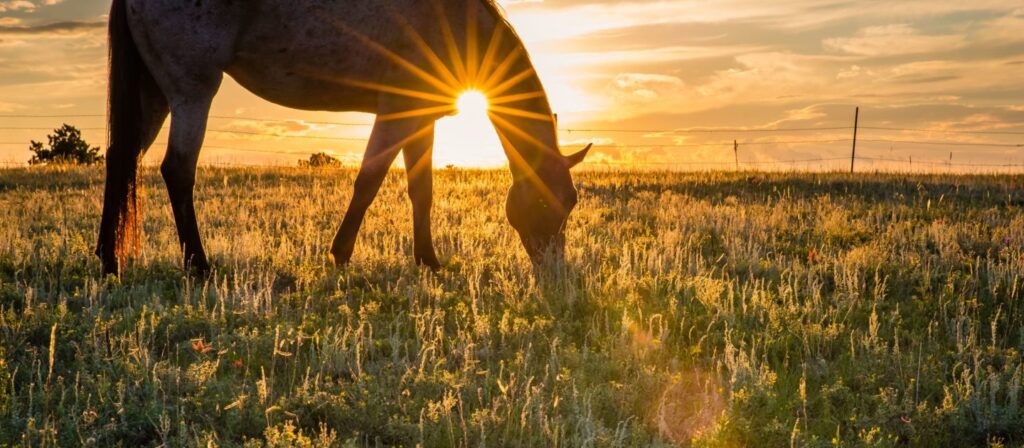Hope is a Radical Act

It seems safe to say that the past nine months have been nothing like we imagined when we started 2020. We have adopted new buzzwords… unprecedented, pivoting, uncertain times. Our work and school vernacular now include phrases like “Can you see my screen?” or “You’re muted, we can’t hear you”. We have completely reimagined ways […]
Alumni Spotlight: Where Are They Now?

Evie (Rosenbaum) Cohen & Morey Cohen Years at Camp: Evie – 1953 & 1961 & Morey 1953-1964 Evie – I was a camper in ’53 and ’61. Morey – I was a camper from ’53-’58, was a counselor and wrangler from ’59-’63. What is your favorite memory from camp? Evie – My favorite memory from […]
Summer 2020 Update

We know that our campers, staff, and families alike count down the months, days, and minutes until the start of Ranch Camp each summer. In Judaism we constantly lean on text to help us navigate moments of grief and explore feelings of uncertainty, to offer us clarity when we cannot see and to embrace us […]
Notes from Noah: Through the Eyes of My Children

Shortly after I started as Director of Ranch Camp, I fell in love. I was totally committed. I was building a program and a camp with my own children in mind, knowing that they would soon be old enough to experience camp as campers. I was wrong, but I was wrong in the best possible […]
Ryan’s Ramblings: Lessons in Canned Goods

I spent most of my formative years at summer camp, with some pretty formative people, in some pretty formative places. Camp gave me the power to be creative, think independently, and defy my own limits. Many of my favorite stories are from camp. A particular favorite of mine involves a canoe and canned meat. If […]
Conversations with Carly: New Year, New Campers

The new year offers us an opportunity to pause. To recollect ourselves after school breaks, holiday dinners, crazy schedules, and many sugar comas. It gives us a moment to take a breath and set our intentions for the year. Sometimes this looks like resolutions, commitments to ourselves, or a reframing as we start a new […]
Notes from Noah: Our Community

2020 will be a big summer for Ranch Camp. For three nights this summer, my soon-to-be 6-year old twins will sleep in a cabin as campers. They will share that space with kids that grew up with them at the Early Learning School at JCC Denver and at Camp Shai. I cannot begin to express […]
Ryan’s Ramblings: A La Sainte Terre

When I was asked to write a blog post for November, I was both excited and nervous – I am not by any means a writer and much prefer my “outdoor desk,” where I get to see the sun, and enjoy the sounds and smells of the Colorado wilderness. The desk where I get to […]
Conversations with Carly: Label Your Socks

There are certain experiences you don’t forget from childhood- experiences that leave a particular impression on you, whether it’s because it was something so new or so ingrained, it happened so quickly or took so long. One such experience (that I am certain took months to complete when I think back on it) was labeling […]
Notes from Noah: A New Year

Dear Ranch Camp Community, For the year-round Ranch Camp team, Rosh Hashana is the time when we begin to move from reflecting on the summer that past and turn our eyes to the one that is coming next. We set goals for the next season. We build budgets to support those goals. It is very […]
